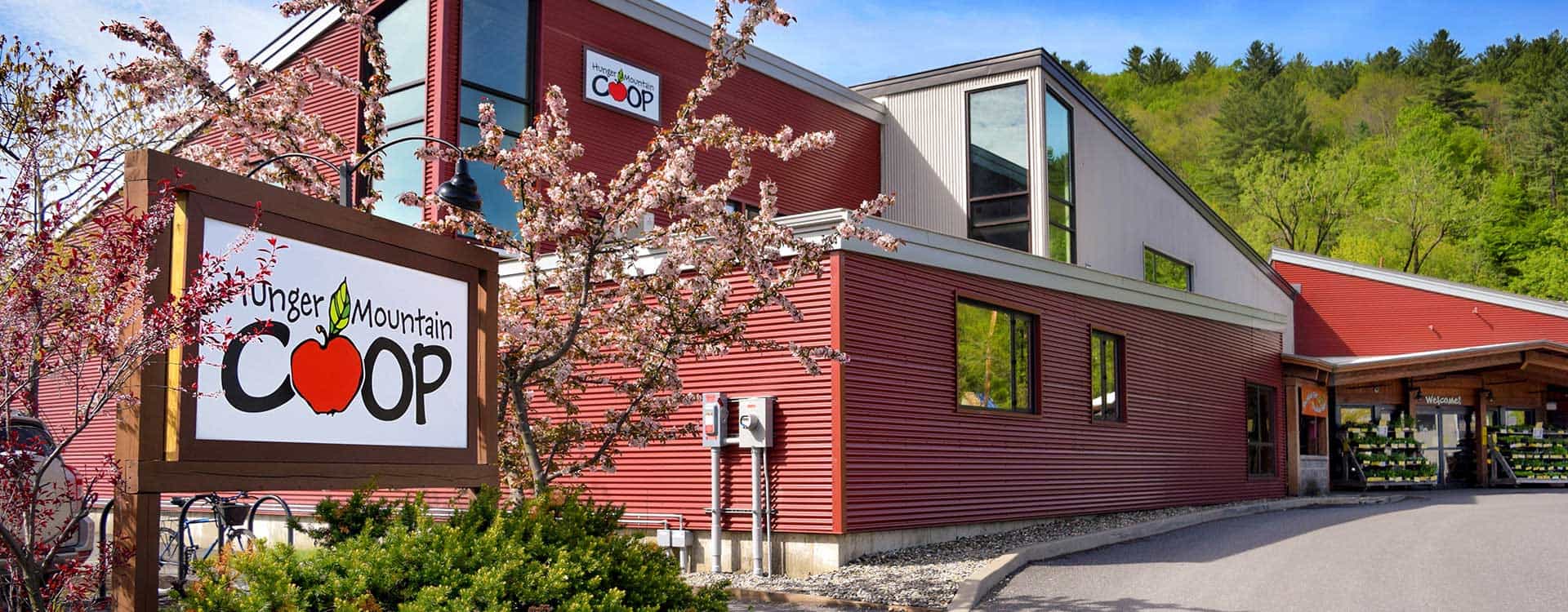
Carbon Neutrality Committee Update
In a recent carbon neutrality committee meeting we were talking about the source of our food. No surprise there, right? After all, whether our produce comes from California or is grown here in Vermont affects the broader carbon footprint of each meal. Then Kari, the Co-op’s general manager, mentioned something interesting: research has shown that one of the most energy intensive parts of the journey from farm to table is the very end of it- from the time you pick out your produce to the moment that dinner is ready for the eating on the table.
He followed that up with another interesting fact: in 2019 from July to December we had 300,000 separate transactions at the registers at the Co-op. During the same time period in 2020 there were only 180,000. Sounds bad for the Co-op, right? It would be, but for the fact that the average cart size increased such that people were buying more food each time they went in. The increase was so sizable that even though the number of transactions was down by 40%, we sold the same amount of food.
Assuming most folks only check out once per visit, that means the same amount of food was purchased in 40% fewer visits. We asked people to shop less because of the pandemic, and they listened. That helped us keep fewer people in the store, and while we can’t say for certain, we imagine fewer Covid cases were spread.
But there were some other silver linings. It helped our community save three distinct resources, some of which are harder to come by than others:
- Energy. No big surprise that we are going to highlight this one. We were having the conversation as a part of the carbon neutrality committee, after all. While we aren’t sure how many people arrive on a bike or by walking in, we can be sure that less car trips were taken to the Co-op, and all the emissions that go with it also didn’t go up into the atmosphere.
- Money. Less car trips = less money on gas and maintenance = more money in your pocket! We bought the same amount of food, so I can’t really make the argument that we spend less on the food, but we spent less to get the food.
- Time. The most important resource. Though we love seeing you at the store and seeing friends and staff (especially when we can’t), by buying more during each visit we were able to use our time in other ways. Maybe you spent more time with family, more time virtually connecting with friends, more time on a new project, or maybe just more time relaxing. But either way you were able to choose how to use your time.

The Co-op Carbon Neutrality Committee
The Co-op Council has formed a Carbon Neutrality Committee that is working to help the Co-op become carbon neutral by reducing emissions, shifting to clean energy sources, and sourcing more of our products locally. We welcome your ideas. If you would like to join the committee or share your thoughts, you can reach us by emailing: [email protected].
Kari Bradley, Co-op General Manager
Mary Mullaly, Storekeeping Manager
RJ Adler, Council Member
Jen Porrier, Council Member
Catherine Lowther, Council Member and CNC Chair
